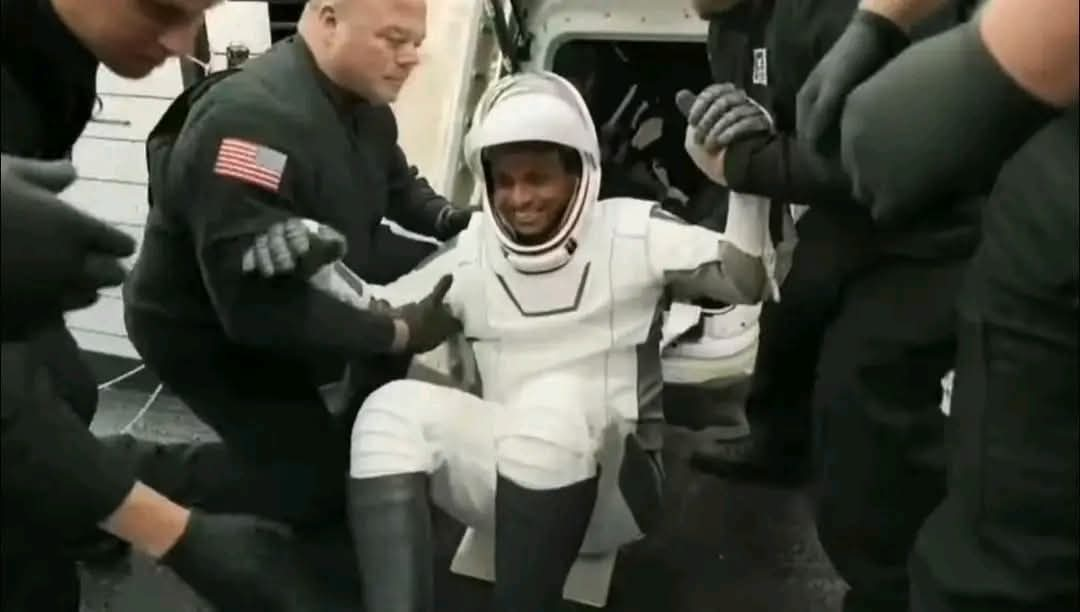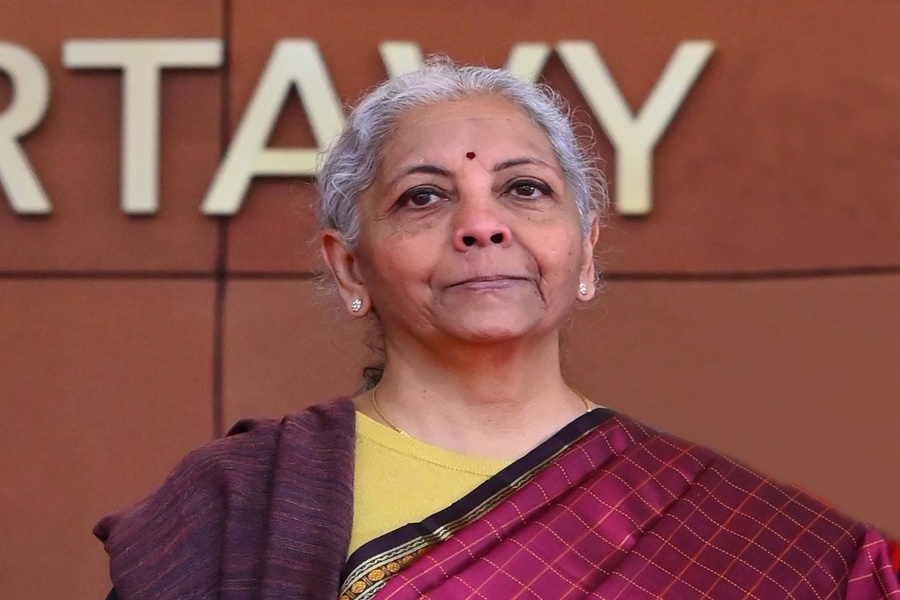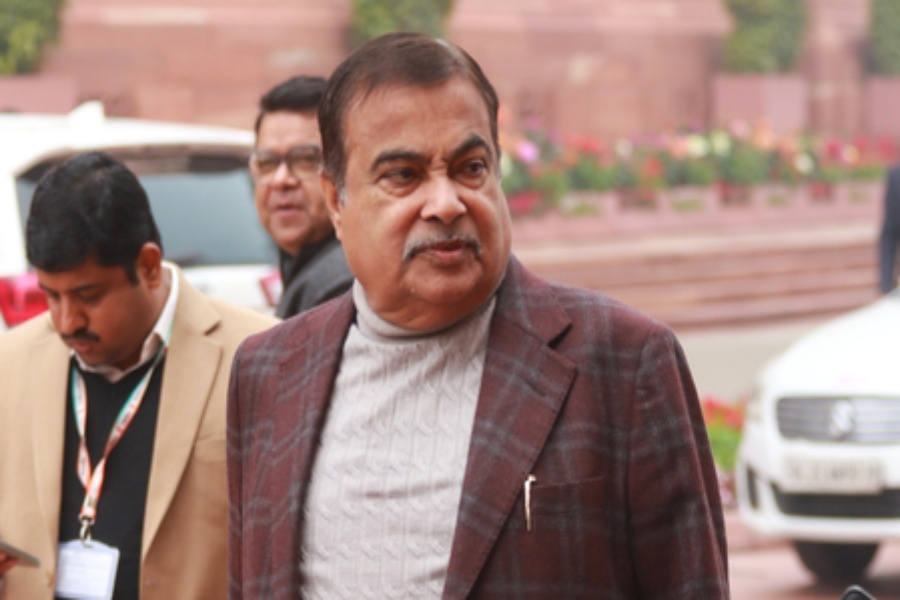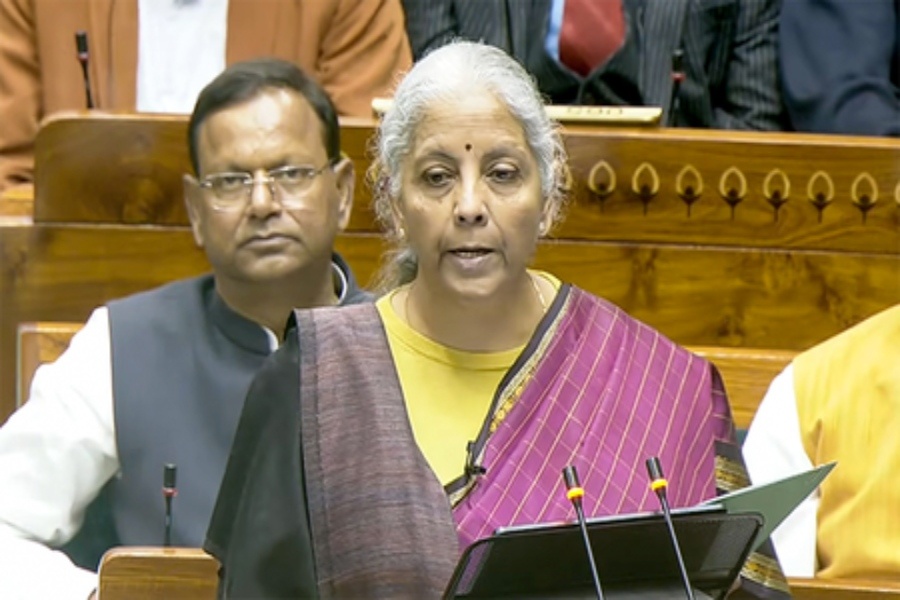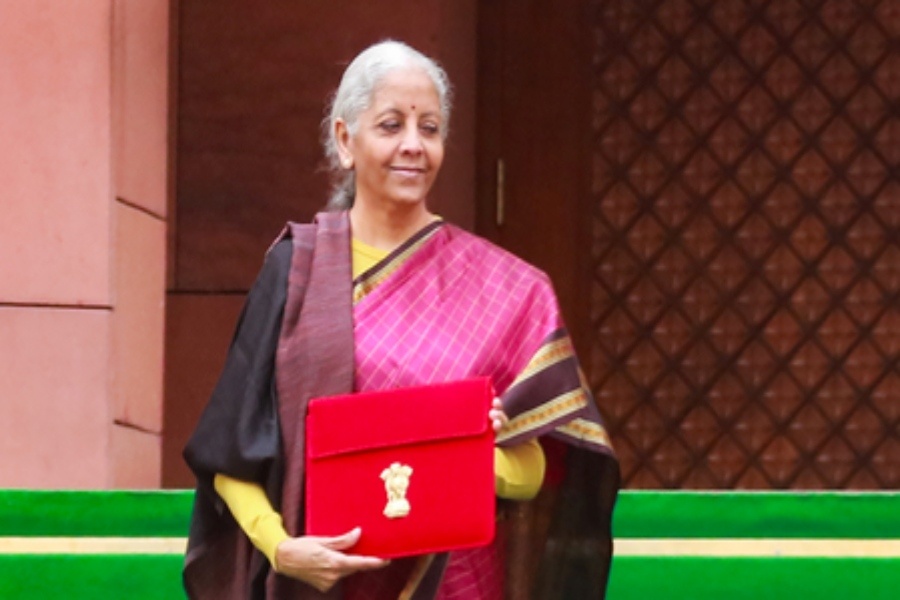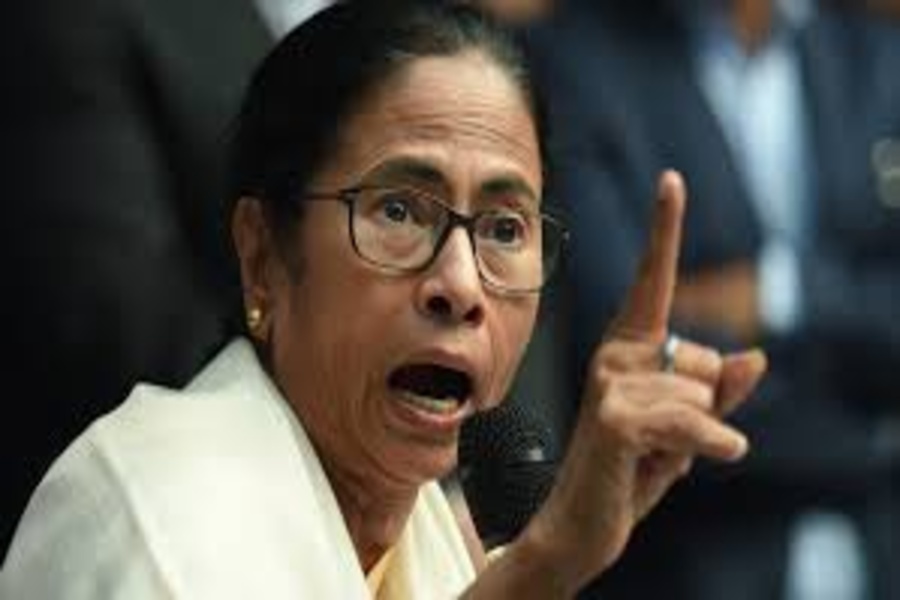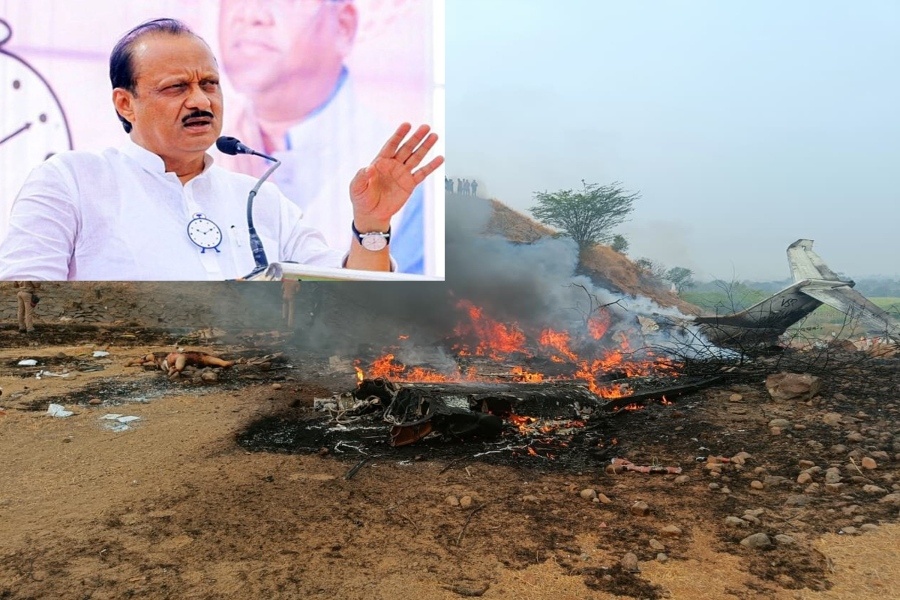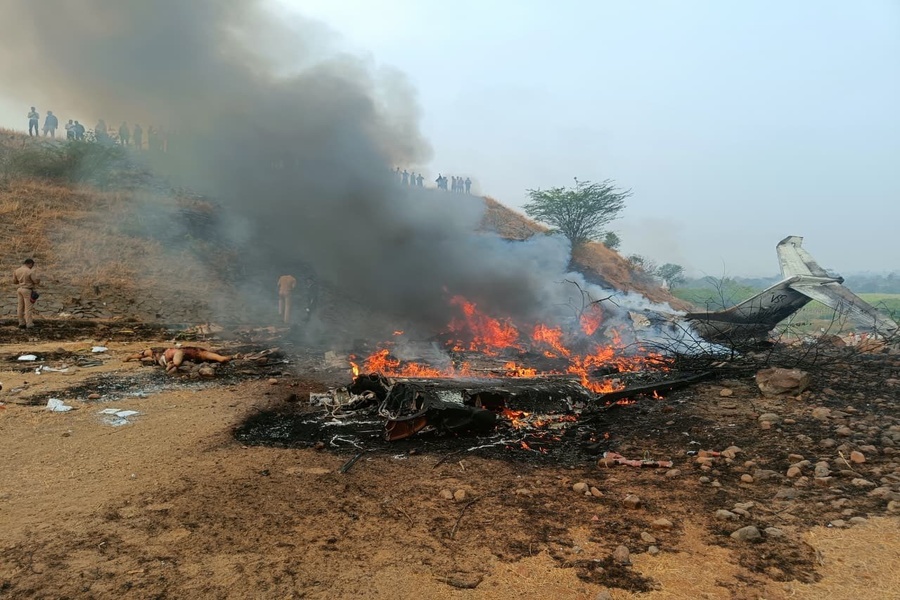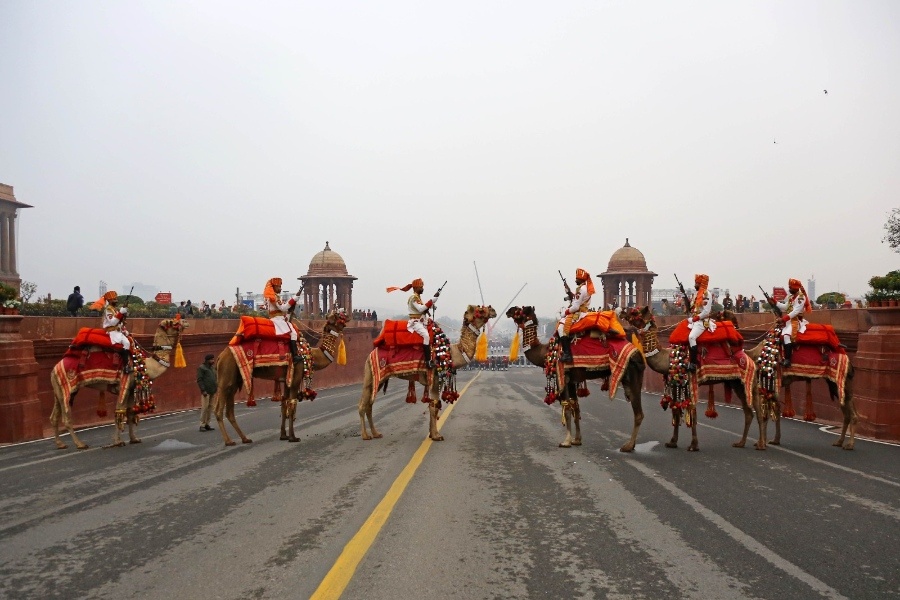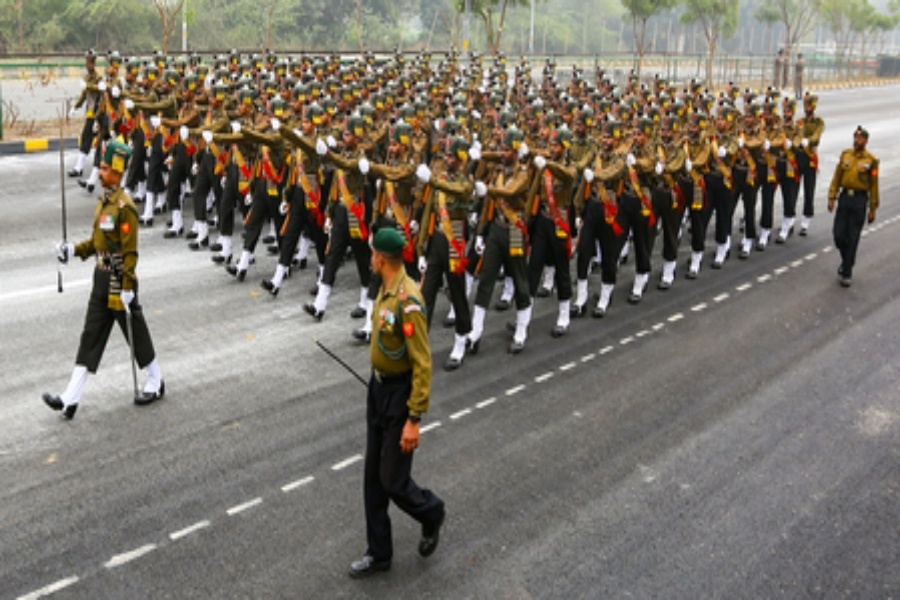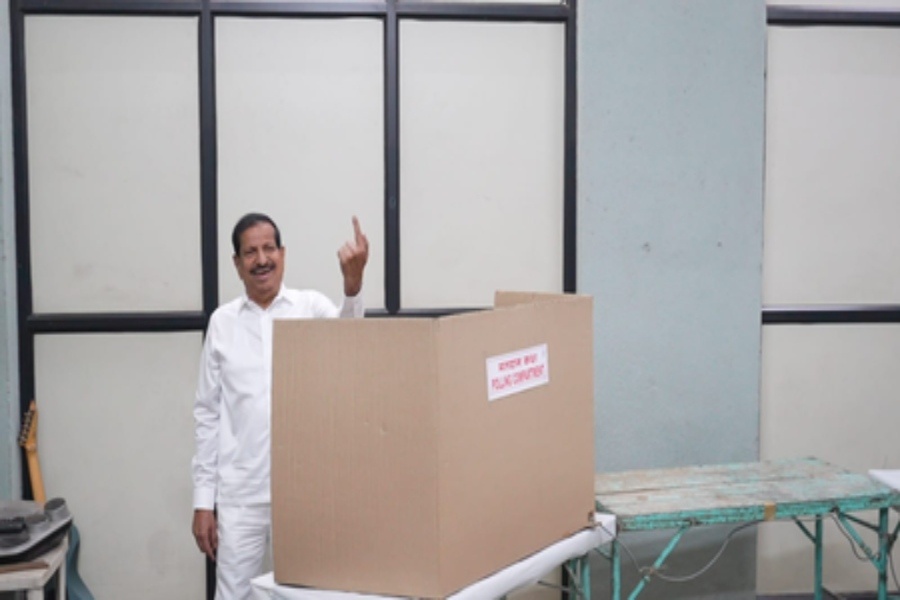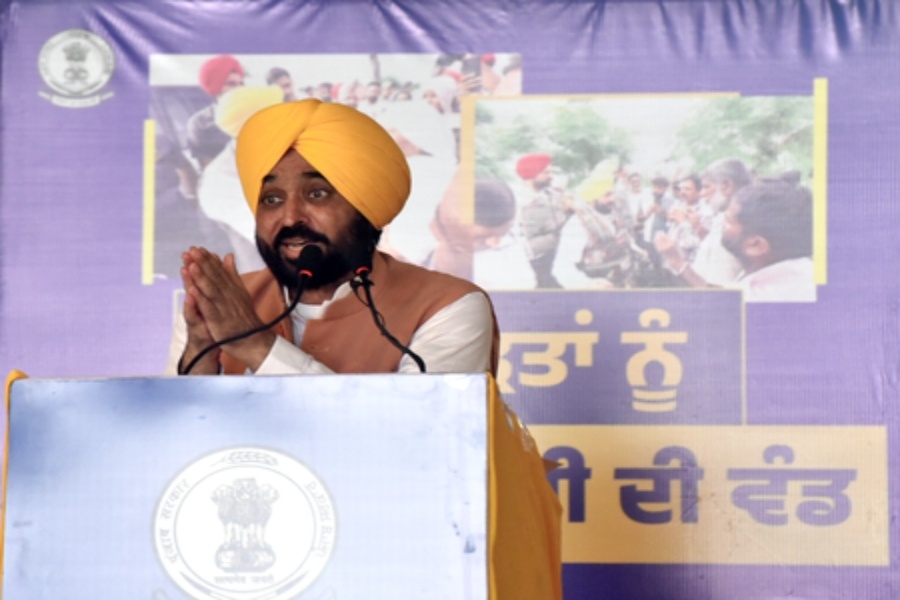Indian Air Force Group Captain Shubhanshu Shukla, who made history as the first Indian astronaut to reach the International Space Station (ISS), returned safely to Earth on Tuesday, marking a proud moment for the nation.
Shukla was part of the four-member crew on Axiom Space Mission-4 (Ax-4). The team, which included American astronaut Peggy Whitson, Poland’s Slawosz Uznanski-Wisniewski, and Hungary’s Tibor Kapu, splashed down aboard SpaceX’s Dragon spacecraft "Grace" in the Pacific Ocean off the coast of California at 3:01 p.m. IST (4:31 a.m. CT).
“Splashdown of Dragon confirmed – welcome back to Earth, AstroPeggy, Shux, astro_slawosz, and Tibi!” SpaceX posted on social media platform X, confirming the successful landing.
The crew had undocked from the ISS on Monday at 3:30 a.m. CT (2:00 p.m. IST). The return journey involved an 18-minute de-orbit burn over the Pacific Ocean, followed by atmospheric re-entry where the capsule withstood temperatures nearing 1,600°C. A seven-minute communication blackout occurred during this high-heat phase.
Parachute deployment was executed in two stages — stabilizing chutes were deployed at an altitude of 5.7 km at 2:57 p.m. IST, followed by the main parachutes around 2 km above sea level, ensuring a smooth splashdown.
This mission marked the second human spaceflight by Dragon to splash down off the California coast, following the Fram2 mission earlier this year. Most earlier splashdowns occurred in the Atlantic Ocean.
Shukla, who launched to the ISS on June 26, is only the second Indian to travel to space after Rakesh Sharma’s landmark 1984 mission. During his 18-day stay in orbit, he completed over 310 Earth orbits, covering a staggering 1.3 crore kilometers — approximately 33 times the distance from Earth to the Moon. The crew also witnessed more than 300 sunrises and sunsets from the ISS.
ISRO, in a statement on Monday, confirmed the successful completion of all scheduled scientific tasks by Shukla.
“Astronaut Shukla has completed all seven microgravity experiments and associated mission activities, marking a significant milestone,” said the national space agency.
Among the completed experiments were studies on Indian strains of tardigrades, myogenesis (muscle formation), sprouting of methi and moong seeds, cyanobacteria, microalgae, crop seed behavior, and a Voyager display project.
Shukla’s safe return marks not just a personal triumph, but a leap forward for India’s growing presence in human spaceflight and microgravity research.

